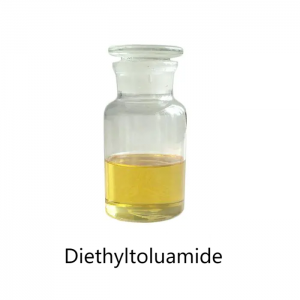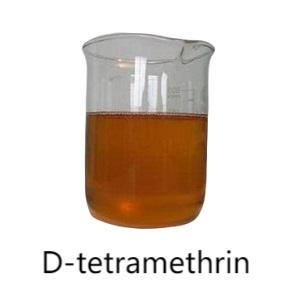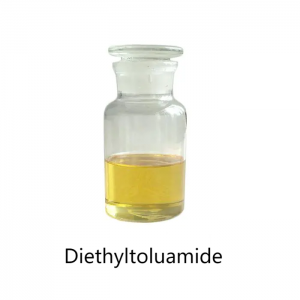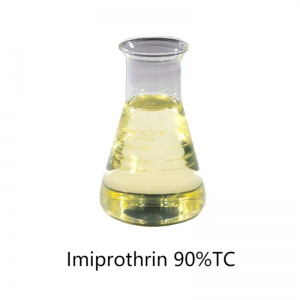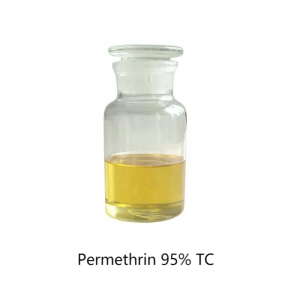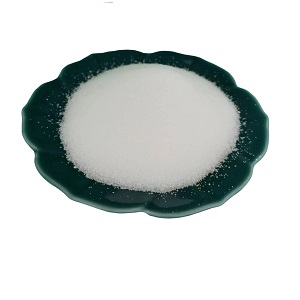Liquid Diethyltoluamide Household Insecticide with Best Price in Stock
Product Description
DEET is widely used as an insect repellent for personal protection against biting insects. It is the most common ingredient in insect repellants and is believed to work as such in that mosquitos intensely dislike its smell. And it can be formulated with ethanol to make 15% or 30% diethyltoluamide formulation, or dissolve in suitable solvent with vaseline, olefin etc.DEET is high efficiency Household Insecticide. It also can be used as an effective solvent and may dissolve plastics, rayon, spandex, other synthetic fabrics and painted or varnished.
Mode of Action
DEET is volatile and contains human sweat and breath, acting by blocking the 1 octene 3 alcohol of insect olfactory receptors. The popular theory is that DEET effectively causes insects to lose their sense of special odors emitted by humans or animals.
Attentions
1. Do not allow products containing DEET to come into direct contact with damaged skin or be used in clothing; When not needed, its formulation can be washed off with water. As a stimulant, DEET is inevitable to cause skin irritation.
2. DEET is a non potent chemical insecticide that may not be suitable for use in water sources and surrounding areas. It has been found to have slight toxicity to cold water fish, such as rainbow trout and tilapia. In addition, experiments have shown that it is also toxic to some freshwater planktonic species.
3. DEET poses a potential risk to the human body, especially pregnant women: mosquito repellents containing DEET can penetrate into the bloodstream after coming into contact with the skin, potentially entering the placenta or even the umbilical cord through the bloodstream, leading to teratogenesis. Pregnant women should avoid using mosquito repellent products containing DEET.






